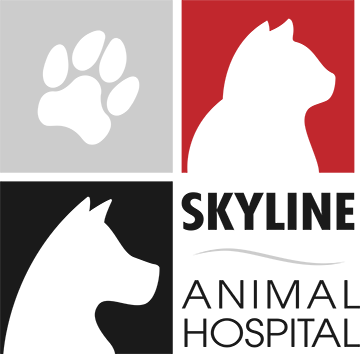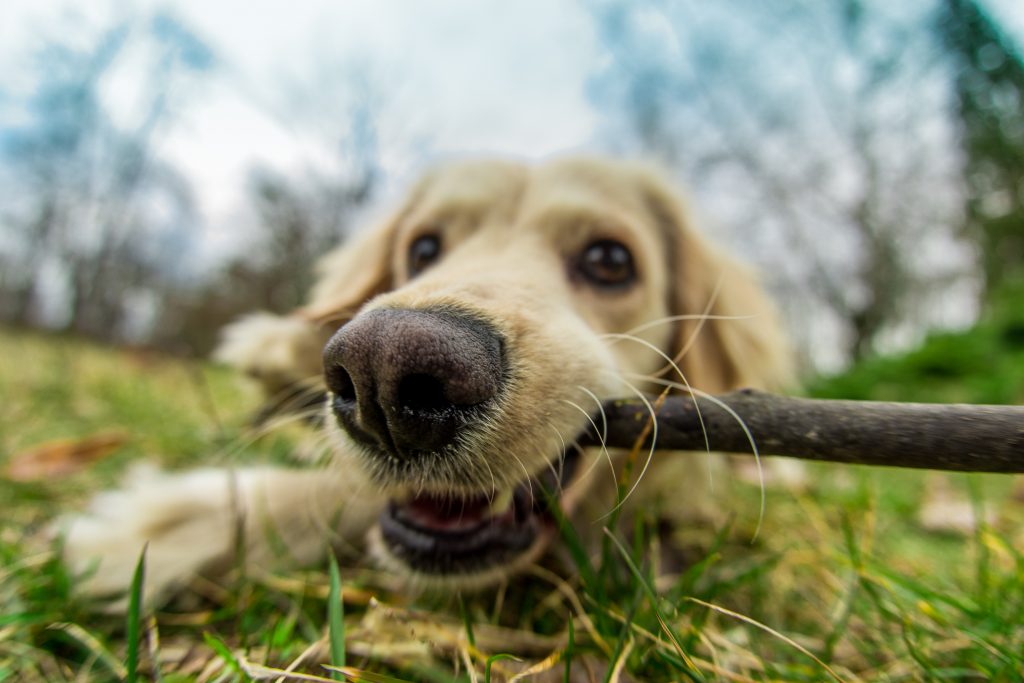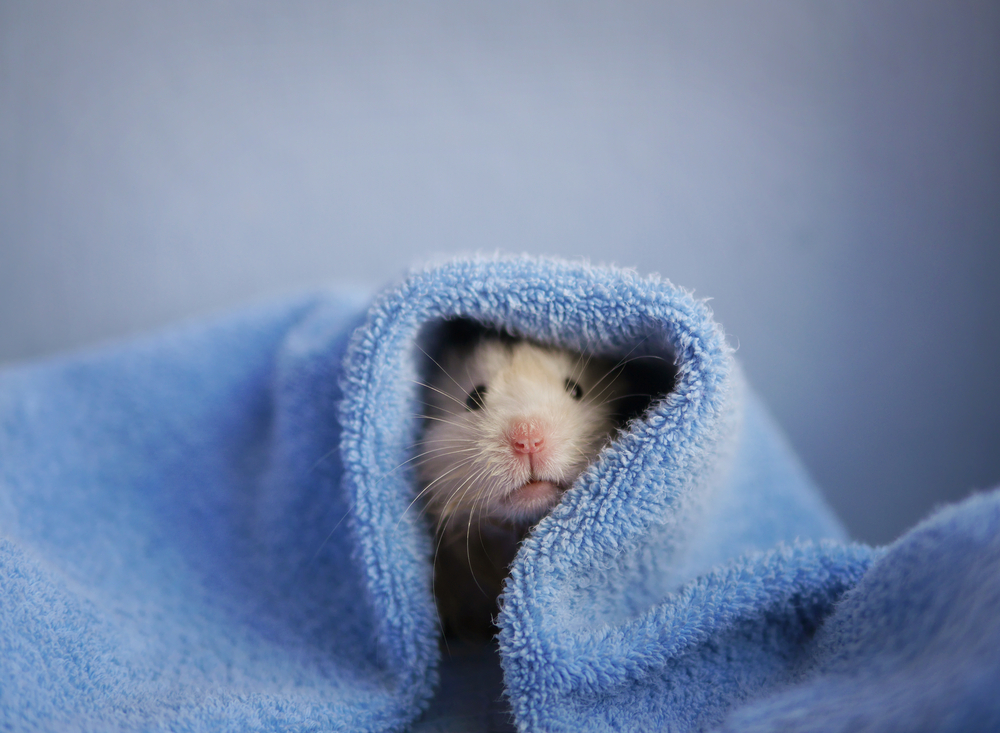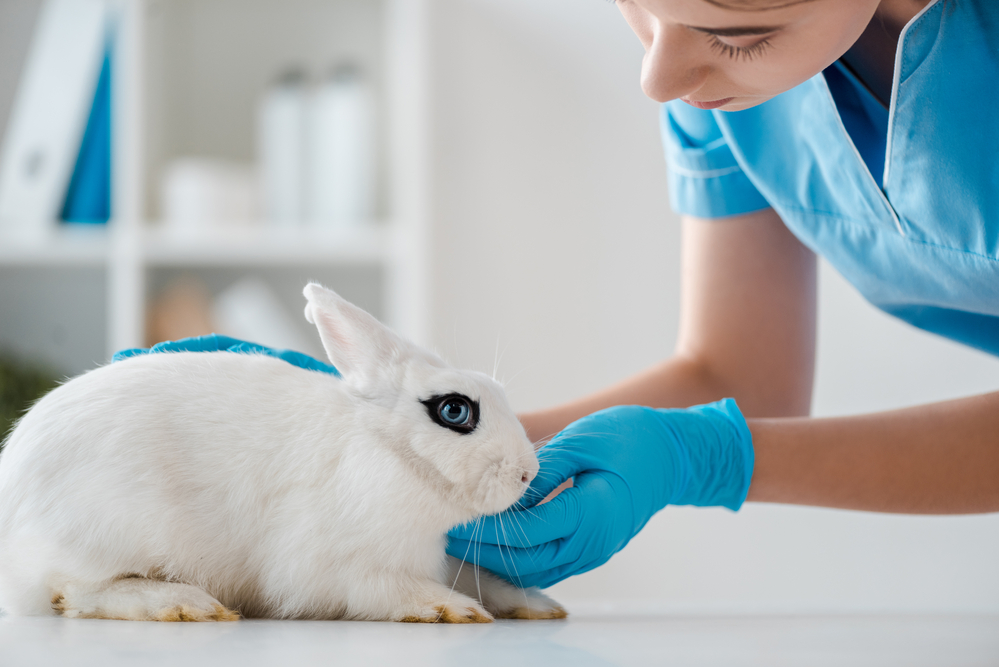As summer dawns upon us, it’s important to be aware about how to keep our pets safe and comfortable. The heat impacts our furbabies just like it impacts us, and while some pets, like horses, sweat, others don’t, which makes it vital that you learn how to watch them for signs of heatstroke. There are many different summer tips for pet owners, and depending on the type of pet you have, you could need to do different things.
High temperatures can cause all sorts of different pet safety concerns. That’s why we’ve gathered some summer tips for pet owners that apply to many different types of pets. Here are some useful summer tips for pet owners that can help your pet stay happy, healthy, and safe this summer.
#1. See If Your Pet Needs Sunscreen
Humans aren’t the only ones who can get sunburnt. Many different animals can too, which is why one of our summer tips for pet owners is to find out whether or not your pet needs sunscreen. If you have a bird or a reptile, their feathers and scales typically keep them protected from the sun. However, most mammals can get sunburnt, although most have natural protections against it. Pets that have short, fine hair or pink skin can get burnt. For instance, if you have a horse with a pink nose, you’ll want to put sunscreen on them and keep them protected.
You typically don’t want to use human sunscreens on your pet, though. There are sunscreens that are made specifically for pets. If you need help finding a sunscreen for your pet or finding out whether or not your pet needs sunscreen, your vet can help you out.
#2. Mind Their Paws
If you have a pet with paws, be careful when letting them outside. Their paws can get burned on hot asphalt and concrete. One of our top summer tips for pet owners is to take appropriate safety precautions when it comes to letting your pet run around in the heat. If the pavement hurts your bare feet, it hurts your pet’s paws too. You can take precautions such as putting little booties on your pet’s paws or by guiding them to stay in the grass, where the ground will be cooler.
#3. Watch For Signs Of Heat Stress
One of the most important summer tips for pet owners is to know the signs of heat stress for your pet. Many different animals show signs of heat exhaustion by:
- Fast, shallow breathing
- Listlessness
- Glazed eyes
- Rapid heart rate
- Dizziness
- Incoordination
- Increased sweating or less sweat than expected, if you have a pet that sweats
- Hot skin
- And more
Some signs of heat stress can vary, depending on your pet. For instance, horses can be dripping sweat all over their bodies, but cats sweat primarily through their paws. If you have a hamster, a sign of heat stress could be them sleeping in an open area, rather than their usual sheltered space. It’s important to learn the signs of heat stress for the type of pet that you have. Your vet can answer any questions you may have.
If your pet is showing signs of heat stress, what you do may vary depending on the type of pet that you have. Generally, you want to move them out of the sun and provide them with water. Some signs of heat stress can indicate an emergency, so you will want to call your vet in order to get help for your furbaby.
#4. Learn If You Should Shave Them
You typically don’t want to shave your pet for the summer. Animals’ coats are made to keep them warm in the winter and cool in the summertime. A lot of animals shed so that they can have a lighter, finer coat for the hot summer months that keeps them cool and then grow a thicker coat for the colder months. For many different pets, it generally isn’t recommended that you shave them. For pets such as rabbits, shaving them could end up harming them and leaving them susceptible to hypothermia when the weather cools down at night.
Thus, one of our summer tips for pet owners is to do your research and ask your vet whether or not you should shave your pet for the summer. For instance, if you have a dog that was bred for really cold climates, they might benefit from a trim if you live somewhere hot. You always want to ask your vet whether or not you should trim your pet’s coat or shave them prior to taking any action, though, as the last thing you want is to inadvertently harm them.
Looking For More Summer Tips For Pet Owners?
Skyline Animal Hospital is here to help! Our experienced veterinarians can answer questions you may have about summer care for your specific type of pet. To learn more summer tips for pet owners, please don’t hesitate to contact us today!





